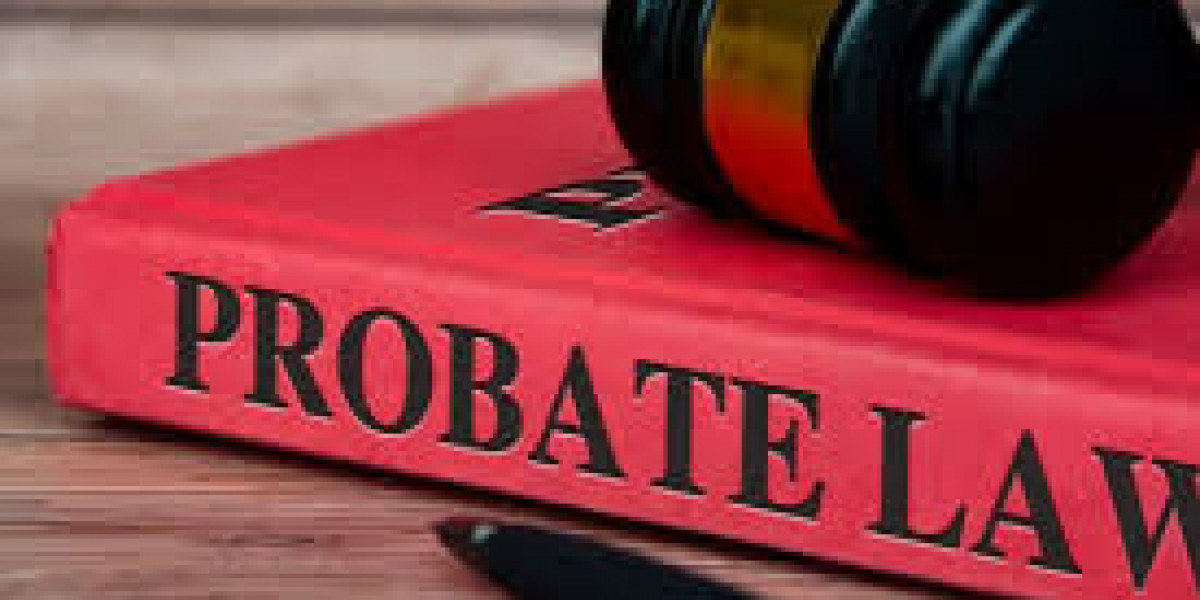Probate law can be complex, but understanding it is crucial for managing an estate smoothly. This guide explains the probate process, costs, common challenges, and ways to avoid delays.
What Is Probate?
Probate law is the legal process of validating a deceased person’s will, settling debts, and distributing assets to beneficiaries. If there’s no will, the court follows state laws to divide the estate.
When Is Probate Required?
Probate is usually needed when:
The deceased owned assets solely in their name.
There’s no living trust or beneficiary designation.
The estate exceeds state-specific thresholds for small estate exemptions.
The Probate Process Step by Step
1. Filing the Petition
The process begins when the executor (named in the will) or an interested party files a petition in probate court. If no will exists, the court appoints an administrator.
2. Notifying Heirs and Creditors
The court requires notifying:
Beneficiaries named in the will.
Legal heirs (if no will exists).
Creditors, who have a limited time to file claims.
3. Inventorying the Estate
The executor must:
Identify all assets (property, bank accounts, investments).
Get professional appraisals if needed.
4. Paying Debts and Taxes
Before distribution, the executor must:
Settle valid creditor claims.
Pay final income and estate taxes (if applicable).
5. Distributing Remaining Assets
After debts are cleared, the court approves the distribution of remaining assets to beneficiaries.
How Long Does Probate Take?
| Factor | Average Timeframe |
|---|---|
| Simple Estates | 6–12 months |
| Disputed Wills | 1–3 years |
| Large or Complex Estates | 2+ years |
Probate duration depends on:
State laws (some have simplified procedures for small estates).
Disputes among heirs.
Delays in locating assets or beneficiaries.
How to Avoid Probate
Probate can be time-consuming and costly, but these strategies help bypass it:
1. Create a Living Trust
Assets in a trust transfer directly to beneficiaries.
Avoids court involvement.
2. Joint Ownership with Rights of Survivorship
Property automatically passes to the co-owner.
3. Designate Beneficiaries
Retirement accounts, life insurance, and payable-on-death (POD) accounts skip probate.
4. Gift Assets During Your Lifetime
Reduces the estate’s probate assets.
Common Probate Challenges
Will Contests – Heirs dispute validity.
Missing Documents – Delays occur if the will or asset records are lost.
Insolvent Estates – Debts exceed assets, complicating distribution.
Conclusion
Probate law ensures a fair distribution of assets but can be lengthy and expensive. Planning ahead with trusts, joint ownership, and beneficiary designations can help avoid probate delays. If you’re dealing with an estate, consulting a probate attorney can simplify the process.
By understanding probate, you can make informed decisions to protect your estate and beneficiaries.









